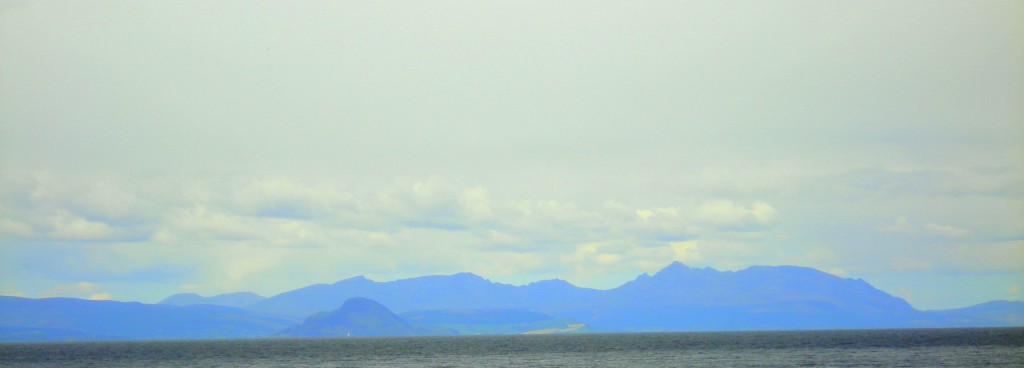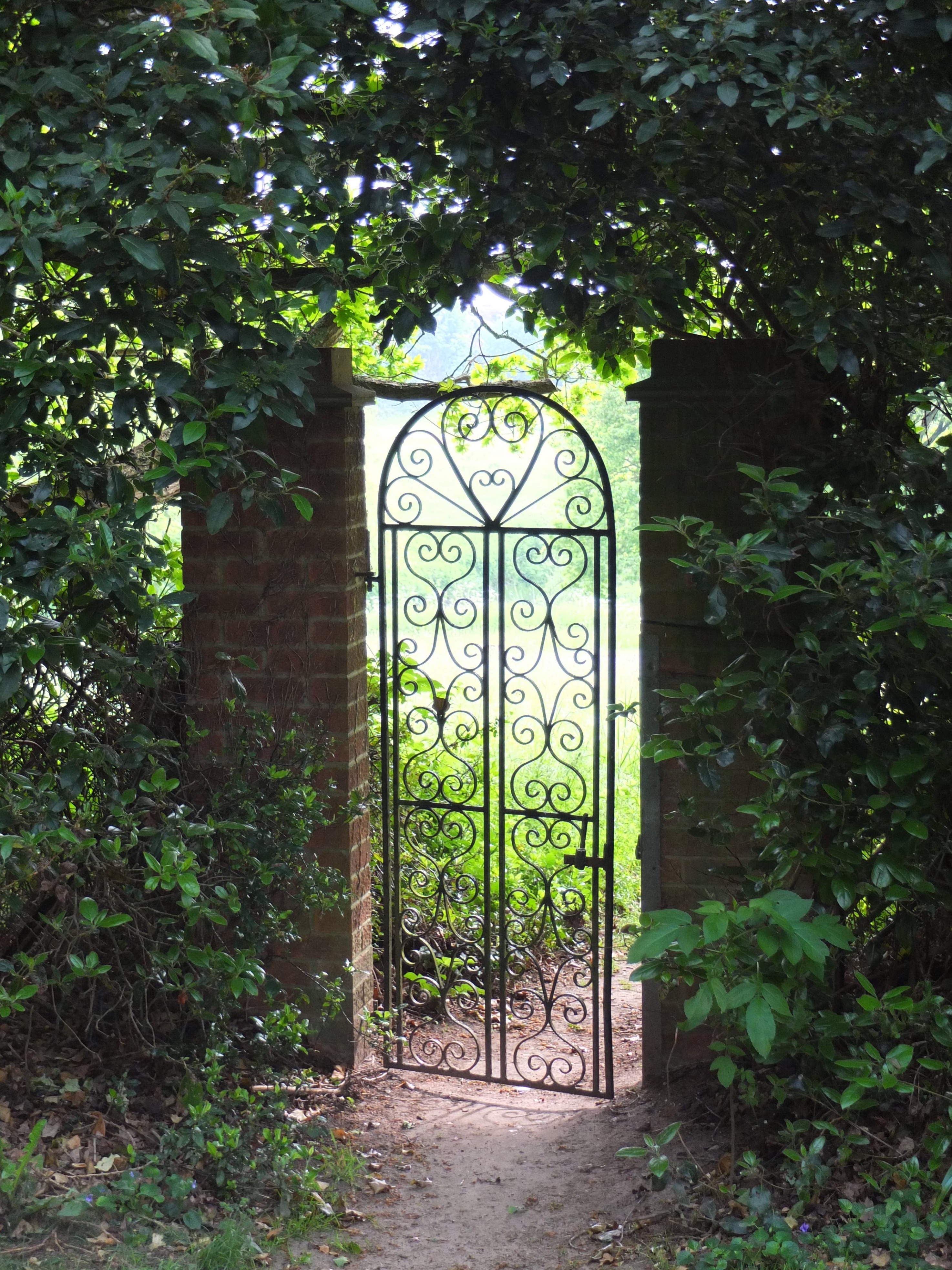 On re-reading my recent post – ‘Blue remembered hills‘ – I realised that I had not expressed to my satisfaction that which was on my mind when I composed same. This is a not infrequent occurrence for me as it happens, but on occasion – this being one such – I feel moved to revisit a topic… to give it a second shot, as it were.
On re-reading my recent post – ‘Blue remembered hills‘ – I realised that I had not expressed to my satisfaction that which was on my mind when I composed same. This is a not infrequent occurrence for me as it happens, but on occasion – this being one such – I feel moved to revisit a topic… to give it a second shot, as it were.
The seed for that particular post was in the photograph that accompanied it – the which I took over the bank holiday weekend on the West Sussex/Surrey borders whence we had gone in search of azaleas. Whenever I find myself gazing at a vista comprising ever distant ranges of hills – each hued in an increasingly translucent azure – I am reminded of those lines from Housman’s ‘A Shropshire Lad‘ most commonly known as ‘The Land of Lost Content‘. There is to this – of course – no surprise and I feel sure that many another stargazer would float reflectively down a similar stream.
There has been a fair degree of conjecture as to the subject and meaning of Housman’s verse – this segment no less than any. Its enduring appeal may – quite naturally – be in fair measure attributed to its ambiguity. On one point – however – there can be no equivocation… this particular poem is concerned with Loss!
I suspect that my fascination of recent decades with Loss – which along with Longing and Love (as I have ventured previously) comprise the three great subjects of all art – is in no small way connected with my advancing years. Those of a similarly cogitative nature will quite probably also find themselves at some point thus contemplating the infinite.
Some read Housman’s lines as a lament for a passing pastoral idyll – the mythical ‘golden age’. ‘A Shropshire Lad‘ was published in 1896 but did not really catch the public’s attention until the turn of the century, by which time the second Boer war was well underway. The work’s depiction of the premature deaths of young men clearly struck a chord and its popularity only increased further with the outbreak of the Great War – many soldiers reputedly carrying a copy into battle with them. At a time of great change – the thinking runs – it is hardly surprising that those caught up in the maelstrom should needs cling to the certainties of the past. As the mechanised beast of the war machine devoured Europe, longing for a lost arcadian utopia made perfect sense.
Those critical of this view claim that such a paradise never actually existed – that this ‘chocolate box’ view of pastoral life was a myth and that in truth rural life for many really was – to quote Hobbes – ‘nasty, brutish and short‘.
An alternative reading of this ‘lost content‘ is that it refers to childhood – and more particularly to the blessed state of innocence with which those formative years are commonly associated. Denis Potter dealt this view an irrevocable blow in his 1979 BBC television drama for the title of which he ruthlessly appropriated Housman’s own phrase – ‘Blue Remembered Hills‘. This classic – if somewhat dyspectic – work required adult actors to take the roles of a group of children, demonstrating in the process that savagery and intolerance are by no means the exlusive preserve of those of us supposedly old enough to know better.
What does that leave us with?
Well – whenever I am brought up short by some breathtakingly beautiful vista of varigated cerulian and those lines of Housman’s insinuate their way into my brain – it is not the loss of childhood innocence that I lament (for though I have no complaints about my early years I certainly have no wish to revisit them) and nor is it a rose-tinted yearning for some mythical golden age – and that even though I grew up in the magical decade of the sixties! Rather it is that the distant azure horizon speaks to me of all of the choices not made, of all the opportunities let slip – and that however wonderful life actually is (and mine is particularly blessed) it is our human nature to regret that we can only select from the astonishing palette of life a limited number of possibilities… and all the rest must be forever lost as the flood tide sweeps them away into some far ocean.
Time to turn away from the view – to count one’s blessings – and to focus on that which is…


Recent Comments